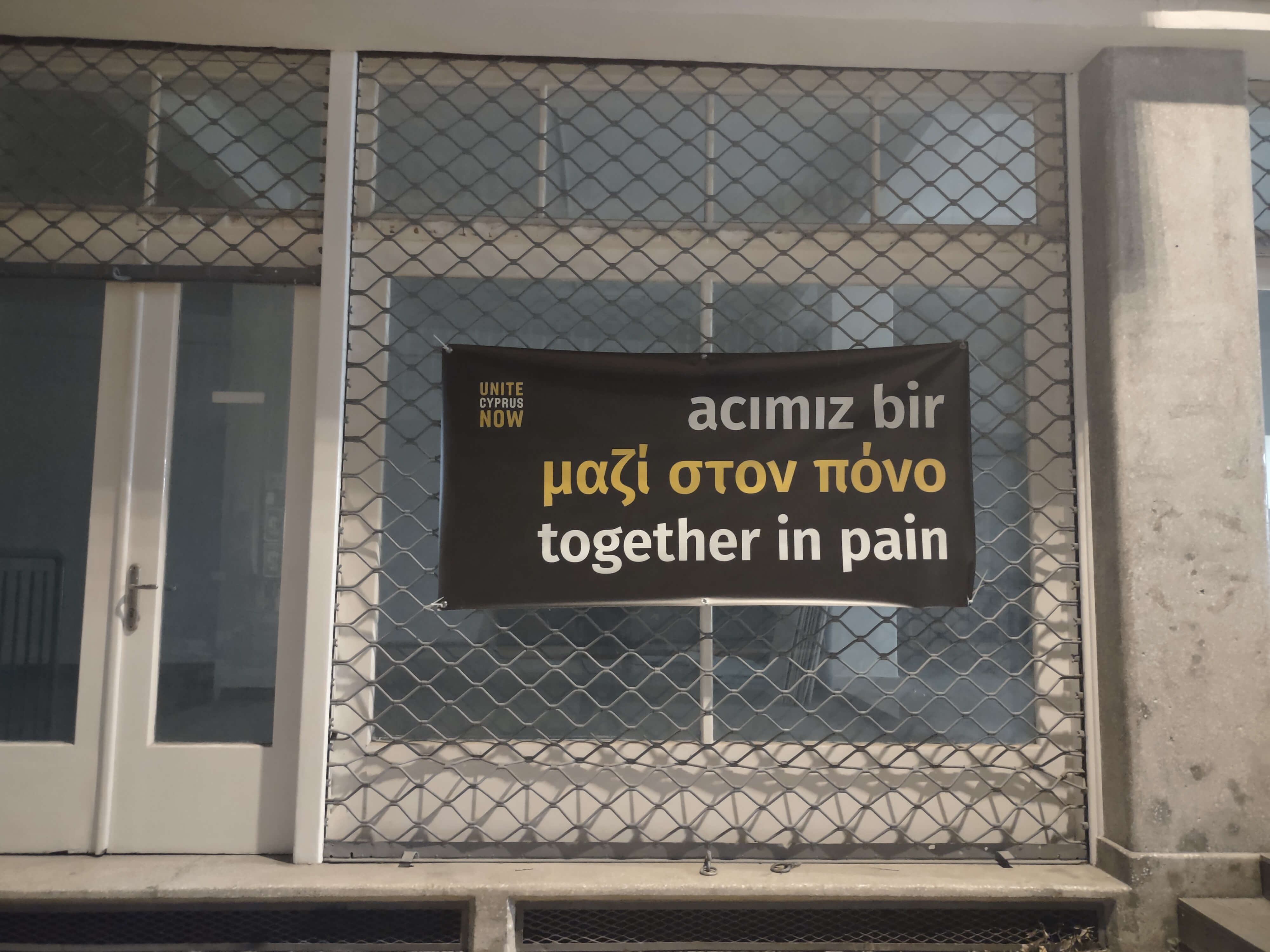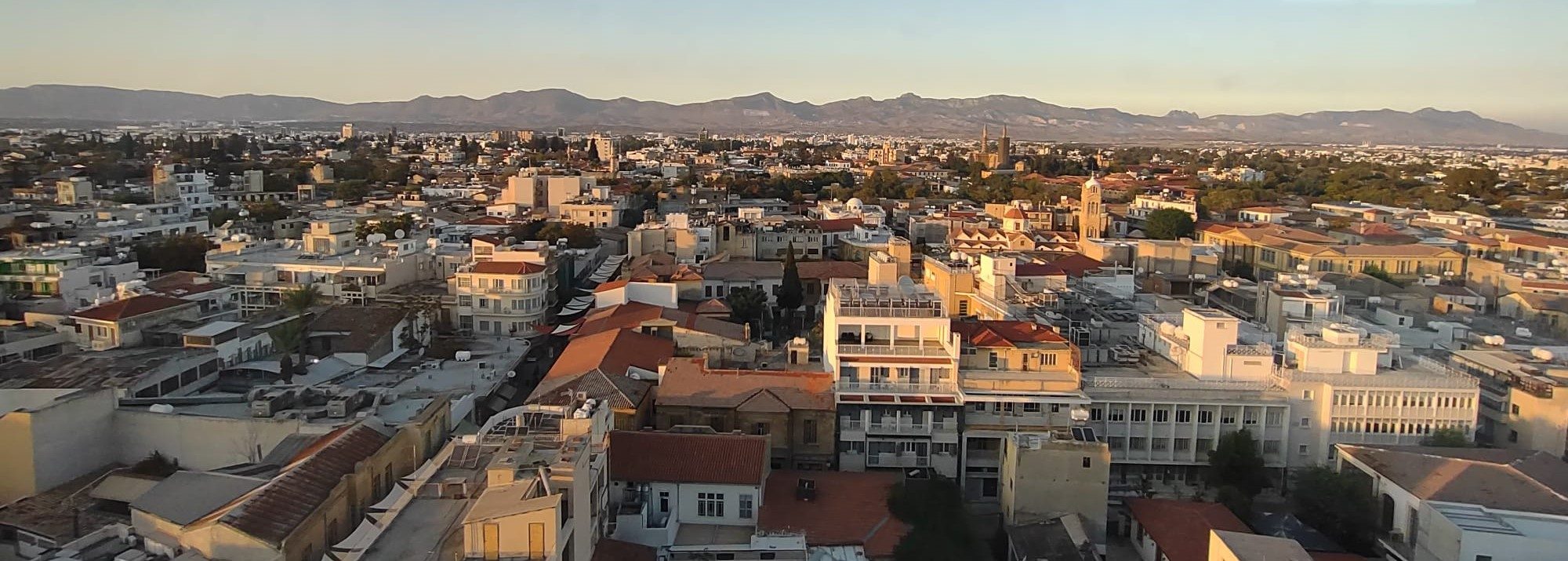The hazards
On the 6th of February, we woke up shaken by an earthquake. Luckily no one was harmed and there was almost no damage.
We are all extremely saddened by the passing of some Cypriots that were staying in the epicenter of the earthquake, and for the incredible losses of Turkey and Syria.
Quite often, tragedies represent a way to rethink our safety measures and prepare ourselves.
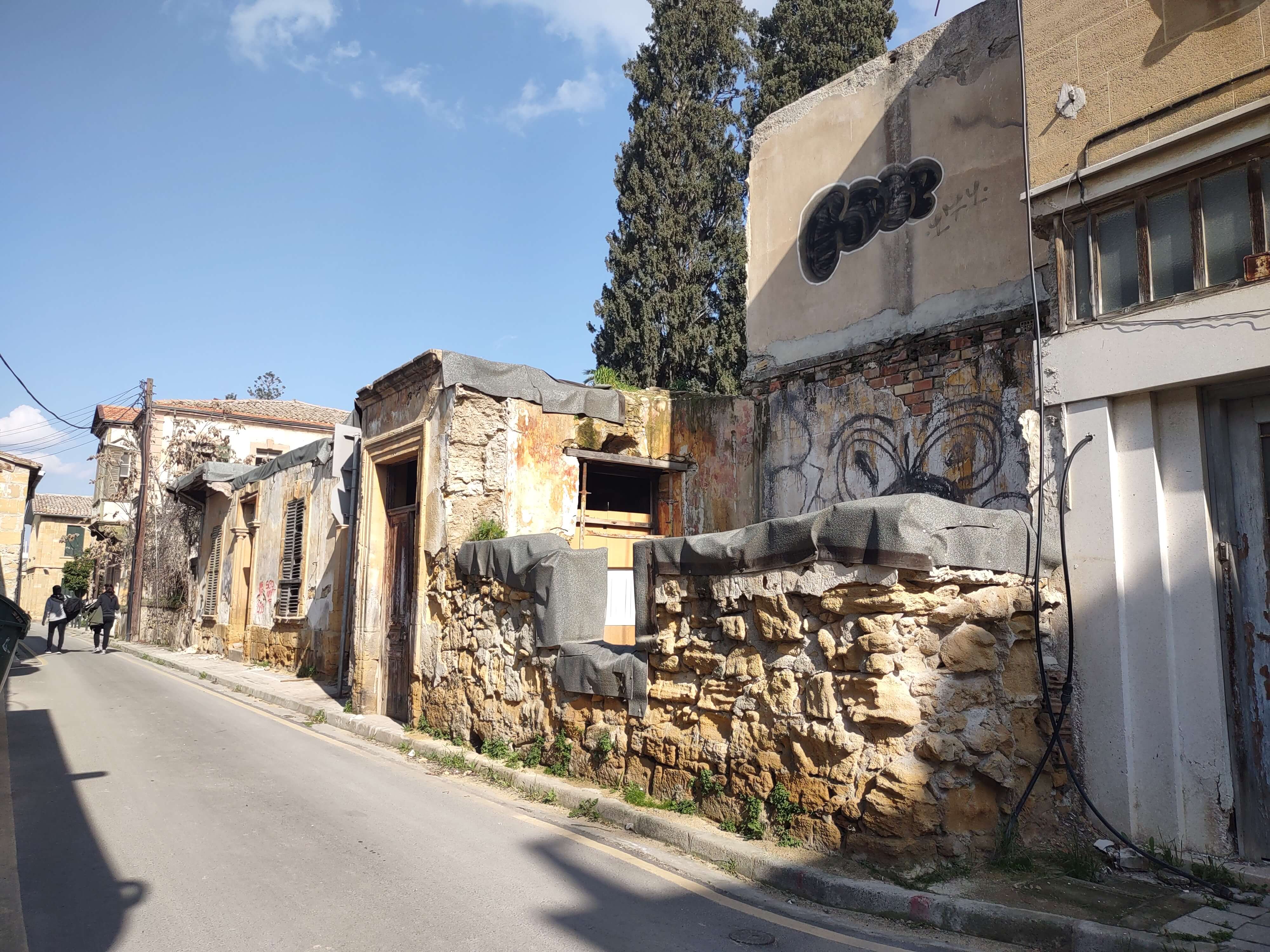
Cyprus has an earthquake hazard level classified as Medium. The island lies north of the meeting place between the African tectonic plate and the Anatolian microplate.
In comparison to Greece and Turkey, Cyprus has substantially less seismic activity. However, earthquakes in Cyprus are not uncommon, and there have been some major ones in the past.
The historical site of Salamis, and some of the main cities, were destroyed by earthquakes centuries ago.
New buildings
In the 90s, Cyprus started to implement anti-seismic building regulations.
Nowadays all the stages of the building project, including design and construction, should consider the effects of an earthquake.
However, seeing recent news of balconies that fell unexpectedly, it is hardly believable that all buildings are safe.
Many people, especially low-income individuals, live in older buildings, or in buildings that are considered unsafe.
In addition, it has been reported that more than 70% of the structures in the Limassol district were constructed inside a seismic hazard zone.
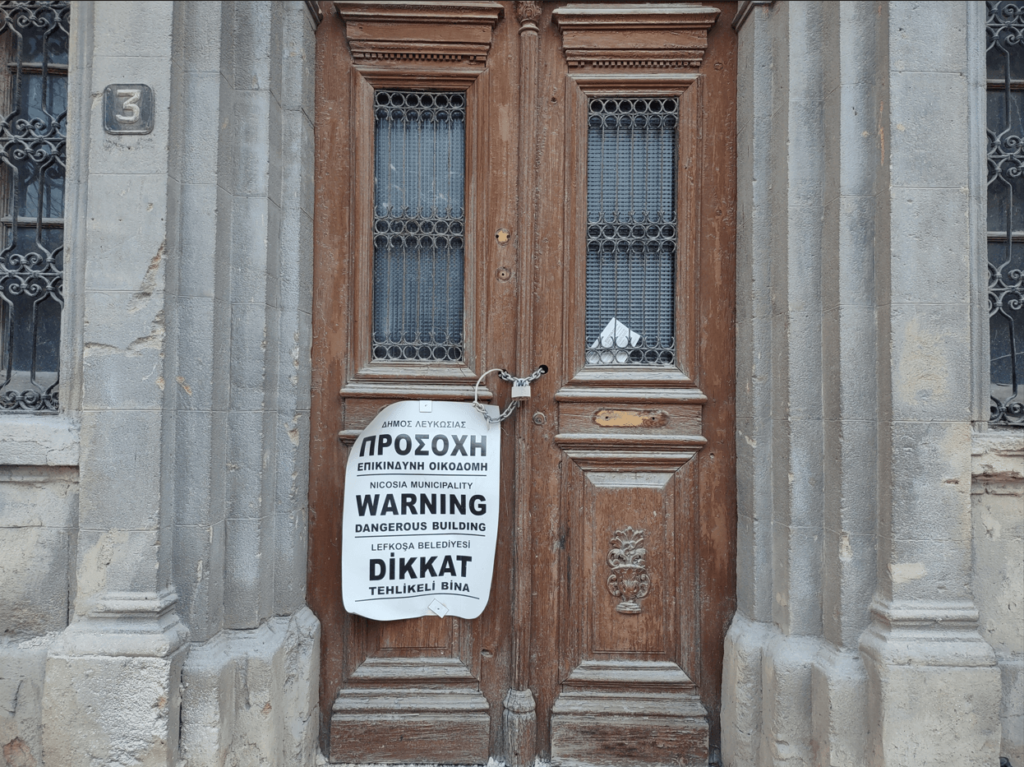
Take this into consideration when you are looking for accommodation.
Try to choose a safe, relatively new property.
Check the conditions of the building in which you live or discuss it with your landlord.
Be ready
In case of an earthquake, there is no reason to panic, but you should know what to do.
Familiarize yourself with the guidelines from the Civil Defense that you can find here.
The golden rule is: drop, cover, hold on. Take cover under a table or a desk and hold on until the shakes are over.
In case you are outside, stay far from the buildings. If in a car, park in an open area.
You should have an emergency kit ready.
The emergency kit should contain: personal hygiene products, food and water, first aid kit and some useful tools (such as a knife), a torch, some warm clothes, a whistle to signal for help, a dust mask, your ID, passport and cash, important documents. If you have space you can add a sleeping bag and a tent.
There are also complete emergency kits that can be purchased online.
Make sure to attach wardrobes and cupboards to the wall, and try to avoid having objects that might fall on you.
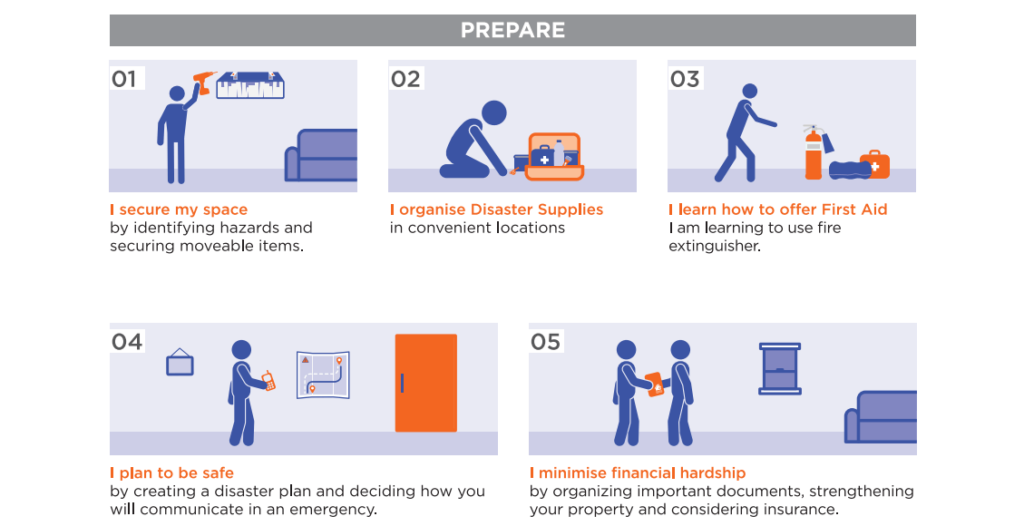
Following an earthquake, it is not uncommon to imagine an earthquake at a random moment of the day. Having a point of reference, such as a lamp or a mirror, is useful to understand if it’s a real earthquake or just your imagination.
Help the victims
The recent earthquakes drastically affected northern Syria and southern Turkey.
They need our support!
If you can, please donate to a trustworthy organization, you can find an updated list here.
Municipalities and organizations all over the island are collecting clothes, food and useful equipment to send to the affected areas, if you can, please donate!
